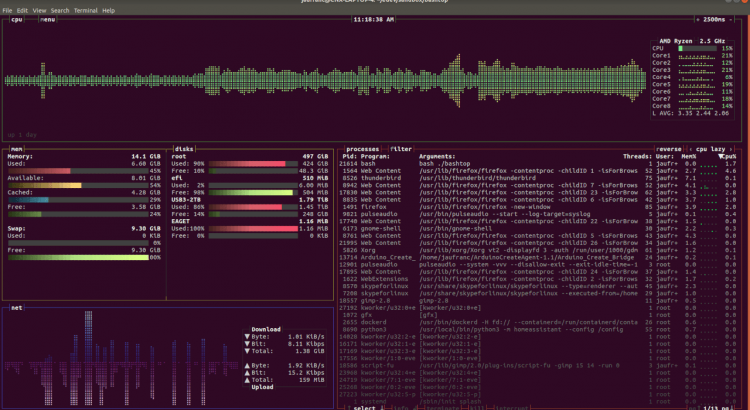Sometimes it happens we have to analyze dumps of our application: it’s a mixed .NET/C/C++ software, so the legacy libraries can trigger unhandled exceptions that cause the process to crash. In most of these cases either through the internal minidumper or thanks to the WER, the user is able to send us the core dump, […]
Category: software

The cost of performance monitoring
When writing software (in particular applications that can make intense use of the system resources, such as CPU, GPU, memory) it can be helpful to have a way to monitor how things are going, and this includes not only how the application is behaving but also if the entire system is sane and responsive. In […]

Kerberos
Kerberos is an authentication protocol originally developed by MIT and implemented by various vendors and systems; probably its best description is in the first paragraph that can be found in the MIT Kerberos site: Kerberos is a network authentication protocol. It is designed to provide strong authentication for client/server applications by using secret-key cryptography. A […]

How to build/install gcc/g++ from sources on a Raspberry Pi
The easiest, fastest and painless solution is using a pre-compiled package: some apt-get install stuff after added the proper repo of the distro generally does the trick. But fortunately GCC/G++ are always in progress tools and it is useful to be able to align to the most recent version autonomously.

Installing a VNC server on Linux (Ubuntu Mate)
For my Odroid U3 I wanted a default startup into a console login session to have the maximum amount of resources available but I also wanted a VNC Server configured so that I can start (and stop) a graphical session whenever I want.
